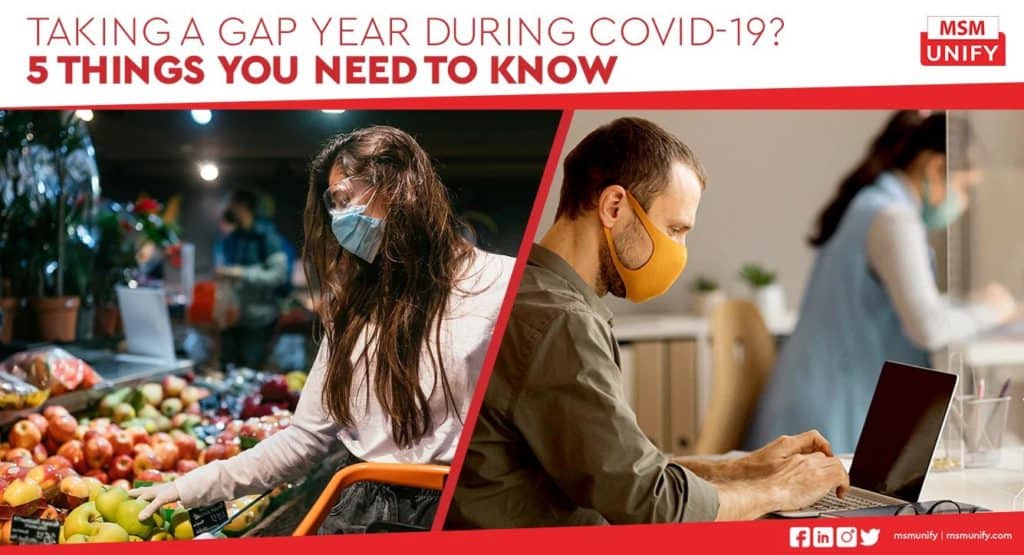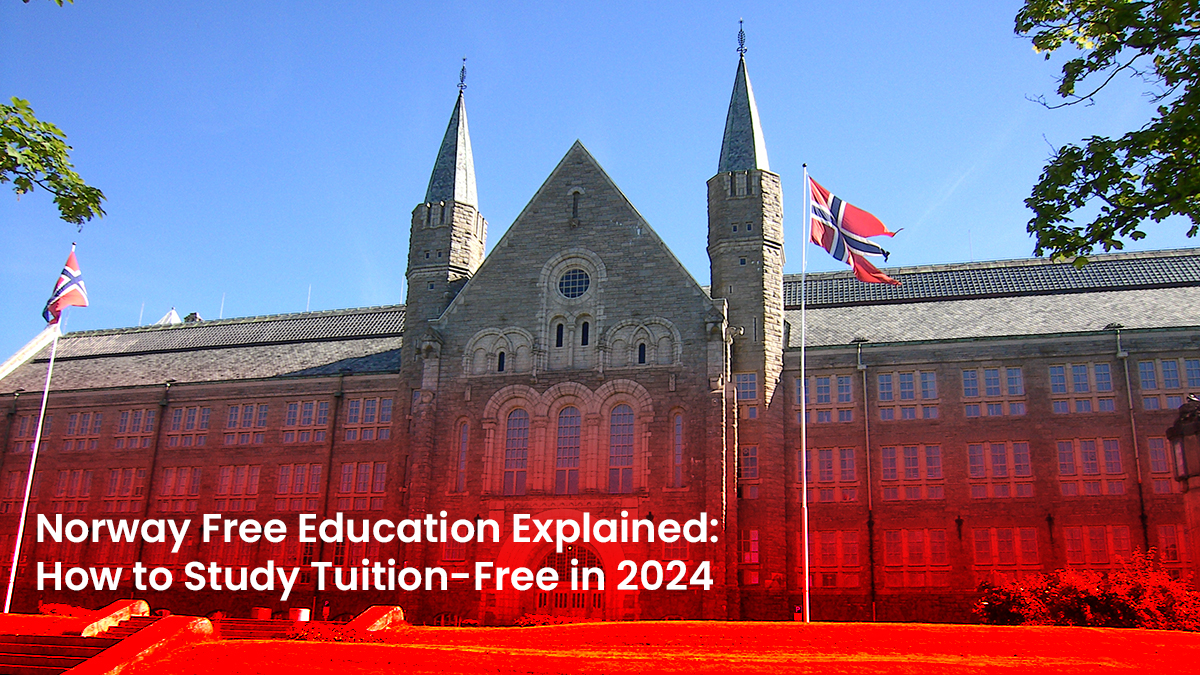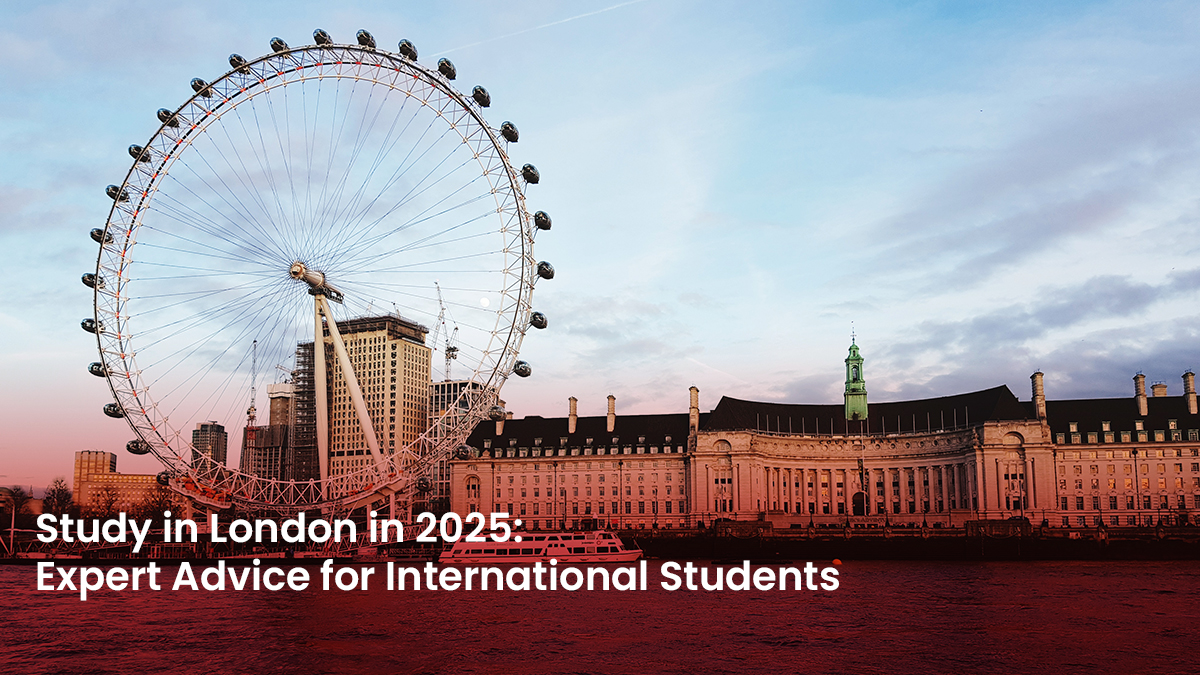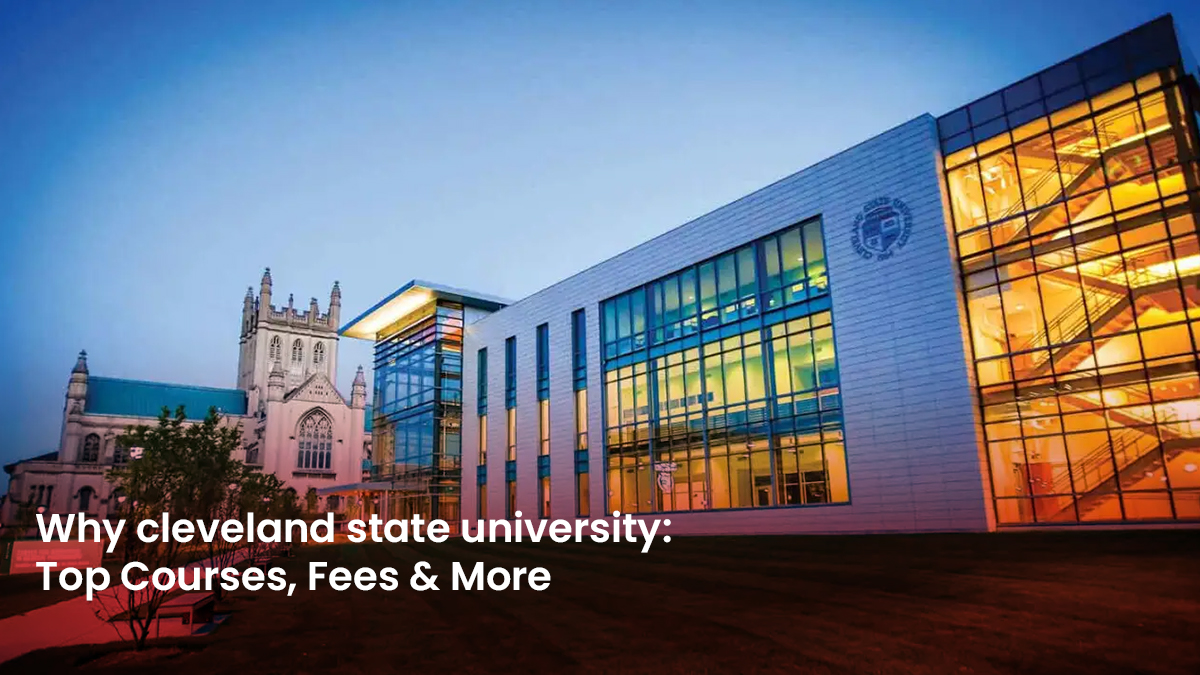Taking a year off before starting university or college has become a tradition for a lot of students worldwide.
The activities students choose to do during their gap year aim to deepen their practical and personal experiences before going through a new stage in life. According to the Gap Year Association (GYA), “No two gap years are alike,” so each learning experience is unique to every individual. Some students choose to take on a job, some choose to volunteer, while others travel.
Taking a gap year has in many ways affected students positively. In fact, those who have taken a gap year reported it helped them increase their maturity, build their self-confidence, and increase academic motivation.
The COVID-19 pandemic has also affected everyone worldwide. Also, many operations, from businesses to organizations, have either temporarily stopped or have already said their goodbyes.
Even school openings had been postponed many times in different parts of the world. Many education institutions, as soon as they are able to continue with their operations, have chosen to conduct classes online to help curb the spread of the virus.
With those changes and restrictions around, it is not surprising that the number of students taking on a gap year has dramatically increased.
One study in the UK found out that many university students have changed their minds about continuing their studies and are planning to take gap years instead. In August 2020, Harvard reported a huge increase in the number of students deferring their enrollment to take a gap year.
If you are one of the many students thinking of taking a gap year during the pandemic, here are five things that you should know:
Countries Have Implemented Their Own COVID-19 Rules and Travel Restrictions
Traveling to another country has always been popular among students taking a gap year.
However, because of the pandemic, traveling to another country has now become more difficult. Many governments have decided to implement their own rules and travel restrictions to control the transmission of the virus in their own countries.
If you’re thinking of traveling to another part of the world during your gap year, know that there will be limited choices for it.
Some Schools Don’t Allow Deferment of Admission
Some universities and colleges encourage students to take a gap year before continuing to higher education. However, there are also others that don’t allow it.
Before continuing, you should first check out your chosen school’s gap year or deferral policies to avoid future complications in your admission. Some schools require students to submit a plan summarizing what they will do during their gap year before granting them permission to take the time off.
According to the University of South Florida, in case your school of choice won’t allow you to take a gap year, there are two options for you: Reapply the year after, or get admitted to another school that allows deferrals.
There Are Many Creative Ways to Optimize Your Gap Year
The COVID-19 pandemic has limited students’ options during their gap year like traveling and getting an internship. However, it does not mean there are no other ways to make your gap year productive.
For example, you can take on a passion project you have delayed doing because you were too busy in the past. Another thing you can do is learn a valuable skill, like programming or another language. You can even take on remote internship programs.
The GYA also offers various gap year programs with partner organizations that students can join amid the pandemic. Students can do the programs online and/or in person.
Your Gap Year Activities Should Define Your Purpose
Don’t just take a gap year without any plan or purpose, lest you waste it without learning or accomplishing anything. Ensure you identify your goals when choosing your activities and experiences during your gap year.
Whatever it is you are planning to do, make sure it’s aligned with your abilities, passions and interests, says Alyssa Polakowski, college and alumni relations manager at the Laurel Springs School in the United States. She adds that students should use their gap year experiences to further enhance skills on their résumé or confirm whether they’re on the right path in their chosen career.
A lack of planning and purpose may result in lost opportunities in the future, so make sure you identify a clear set of goals and choose your activities wisely.
There’s No Right or Wrong Way of Doing Your Gap Year
Finally, students should know that there is no set method of doing a gap year. People have different aspirations and goals; surely there are many ways of getting there.
Goals and purposes will only act as your guide so you won’t lose your way doing random activities. At the end of the day, how you want to use your time in achieving those goals is up to you.
Ethan Knight, the executive director of the GYA, describes the gap year as a recipe that a student can make their own meal out of. It doesn’t have to be a set program, nor does it have to be expensive.
All in all, if you are taking a gap year during the COVID-19 pandemic, you need to be mindful of what you do and how you do it. And of course, make sure to follow health protocols to keep yourself and others safe. Have fun!












